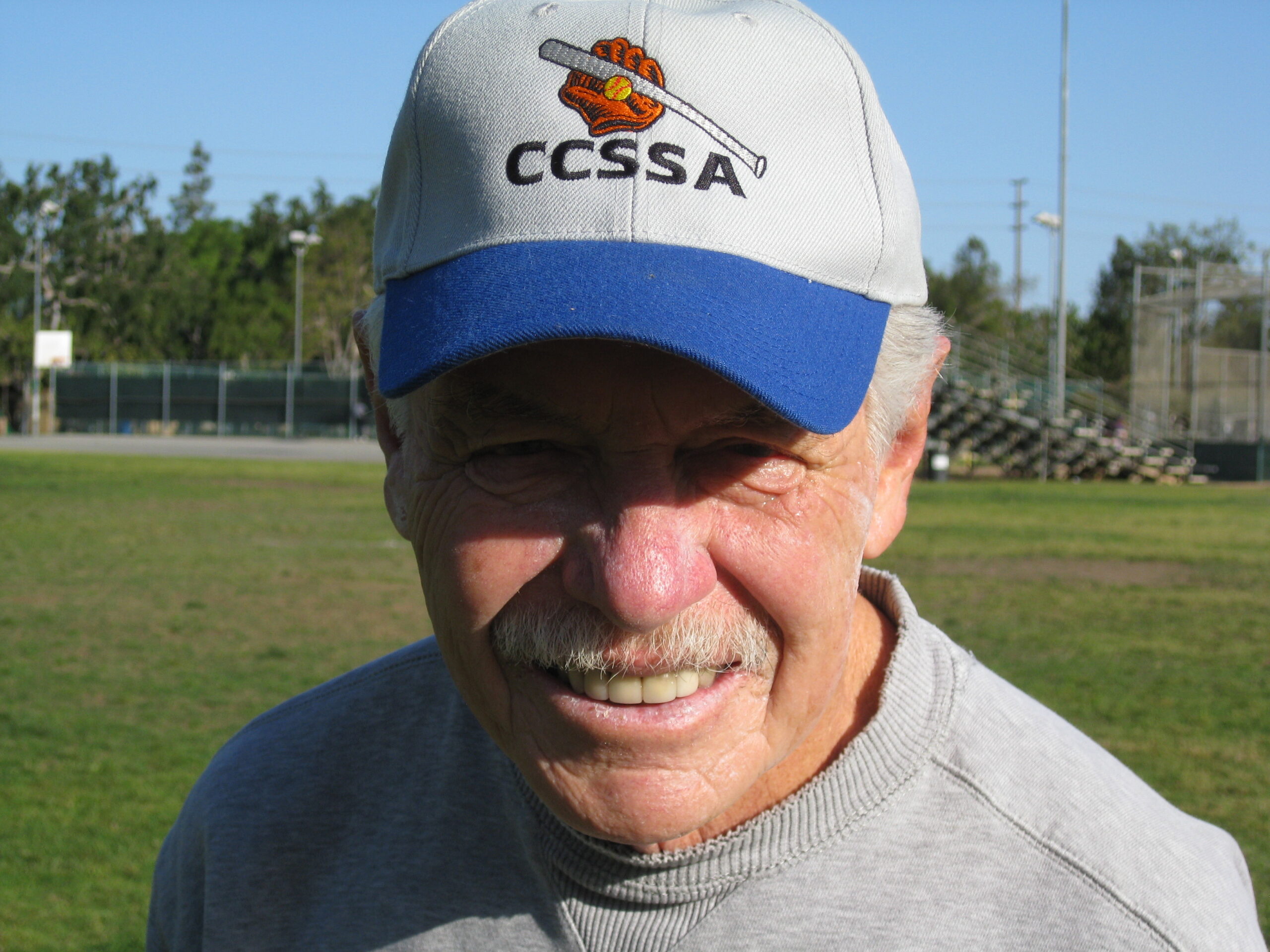
LAN O'KUN
PROFILE
HOW TO MIX ARTS AND SPORTS
You don’t often read about sports stars spending the off-season playing Hamlet. Geena Davis’ accomplishments as an archer serve to show just how rare it is for a top actor to make a credible stab at becoming a world-class athlete. Mickey Rourke the boxer? Please!
You never hear about ex-actors who went on to become athletes, unless you count Paul Newman’s vanity spin as a race-car driver. You only hear about ex-athletes who became actors because athletes’ careers end when they’re still young enough to switch jobs. By contrast, actors’ careers need never end, unless they’re Sylvester Stallone.
Although there have been a lot of athletes who have also made big money acting, the only one I can think of who is acknowledged to be a good actor is one-time minor-league second baseman Kurt Russell (he hit .325 for Walla Walla in 1972).
The rest of them are novelty acts like Shaquille O’Neal, who told me on the set of “Kazaam”: “It’s challenging to play a character and show the right sensations at the right time,” or single-expression specialists like one-time All-Pro defensive end Fred Dryer. During a break on the “Hunter” set, Dryer said, “I had to leave behind that other person who had been a football player. Whatever had been inside me that made me a football player had to be turned off.”
It’s easier for an actor to pretend to be a great athlete than for an athlete to pretend to be a great actor. Even a soft-muscled guy like Jon Voight can look the part of a ring contender in “The Champ.” Dennis Quaid, who’s actually on a level with undersized Doug Flutie, stood as tall as most pro quarterbacks in “Any Given Sunday” because Oliver Stone surrounded him with short guys.
But when athletes have to compete with champion sense-memorists, emotion-manipulators and face-contortionists from Juilliard or Carnegie-Mellon, the strain shows. Former pro football player Ed Marinaro took no drama classes while studying hotel management at Cornell and discovered when he took up acting that “as an actor you have to show vulnerability, which is just what you’ve been trained as a football player never to show.”
It’s only at somewhat lower levels of accomplishment that sportsmen and artists can be one and the same. For example, the guy who writes a newspaper column and plays a bit of senior softball on the side can switch easily between the dusty world of the diamond and the inky world of journalism.
You meet the oddest people rounding first base. Lan O’Kun is respected among the ballplayers in my league for his sweet line-drive swing and his quick glove. Few know or care that O’Kun, 68, has written more than 1,300 network television shows over the years, including perennial Emmy-winner “The Shari Lewis Show.” When it came to speaking, Lambchop was Lan.
Did O’Kun survive three years as Barbra Streisand’s musical coordinator and write her million-selling song “The Minute Waltz?” Did he write the Broadway show “Pickwick” and the oft-repeated TV special “The Littlest Angel?” If you ever watched “The Love Boat” or “Highway to Heaven,” you heard O’Kun’s lines.
These are not credits that impress ballplayers, who are more interested in hearing O’Kun talk about hitting against Allie Reynolds when the New York Yankees came to Lubbock, Texas. He may have been the only graduate of the High School of Music and Art in New York who went to Texas Tech on a baseball scholarship.
Just when the Yankees wanted to sign him, he had to go home to New York and deal with deaths in the family. He wound up studying theatre at Syracuse with Peter Falk (“The first song he ever sang was mine”).
He played no baseball at Syracuse because he’d played some pro ball in Texas and was ineligible. He played no baseball for years while he made a fortune in Hollywood. Then one day he and his wife went antiquing in Culver City, where he saw some fellows playing softball. “They asked, ‘Can you play?’ I said, ‘Oh yeah.’ So I started coming to MGM during the week to work on ‘Highway to Heaven’ and coming back to Culver on Sundays to play ball.
“When I was a kid, my father told me that you can’t get through childhood without playing ball and you can’t get through adulthood without playing a musical instrument. Now I’d almost rather play ball than anything. My legs are shot but I haven’t lost my hand skills. No power any more but I can still place it. I refuse to give in.
“I love to write. I also love to play. I always know I’ve got something funny in my head to write down, and there’s always a ball game to look forward to.”